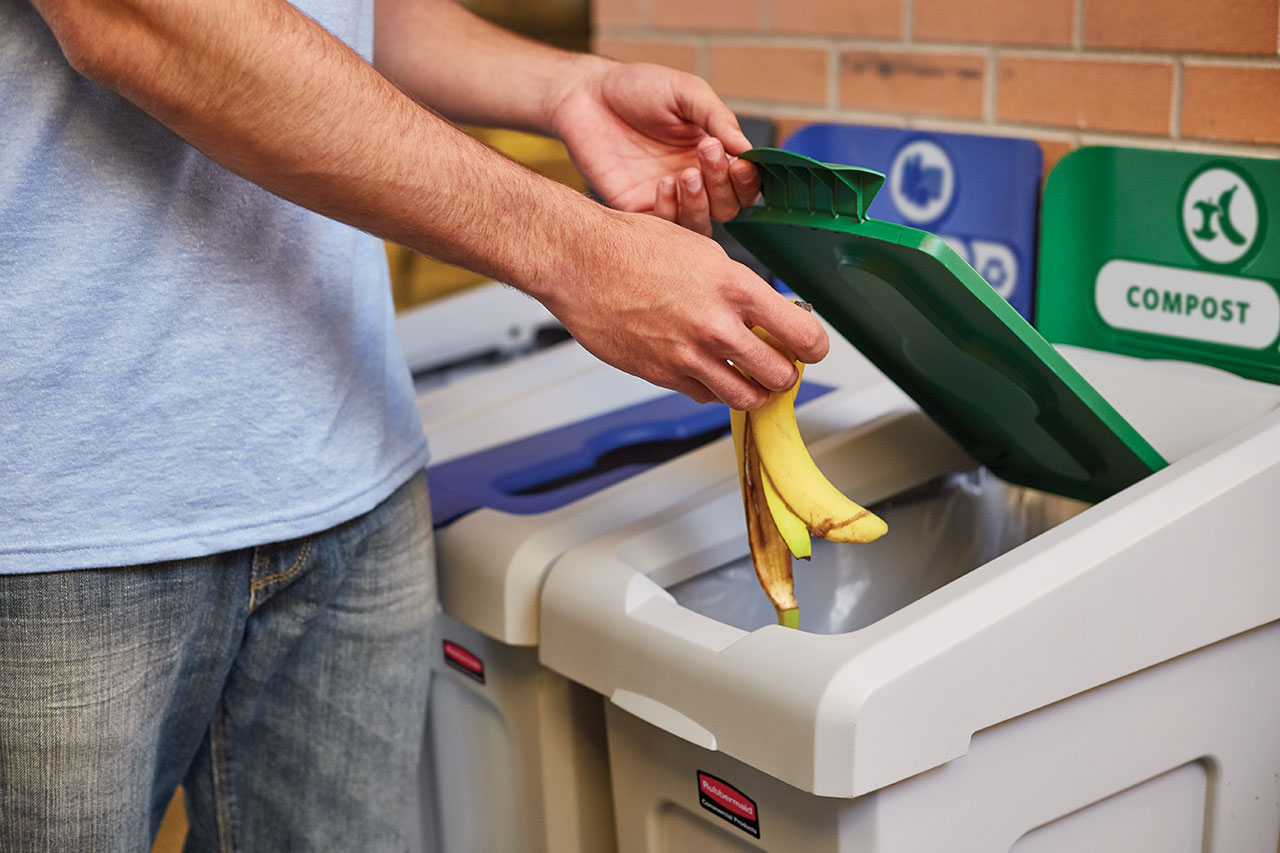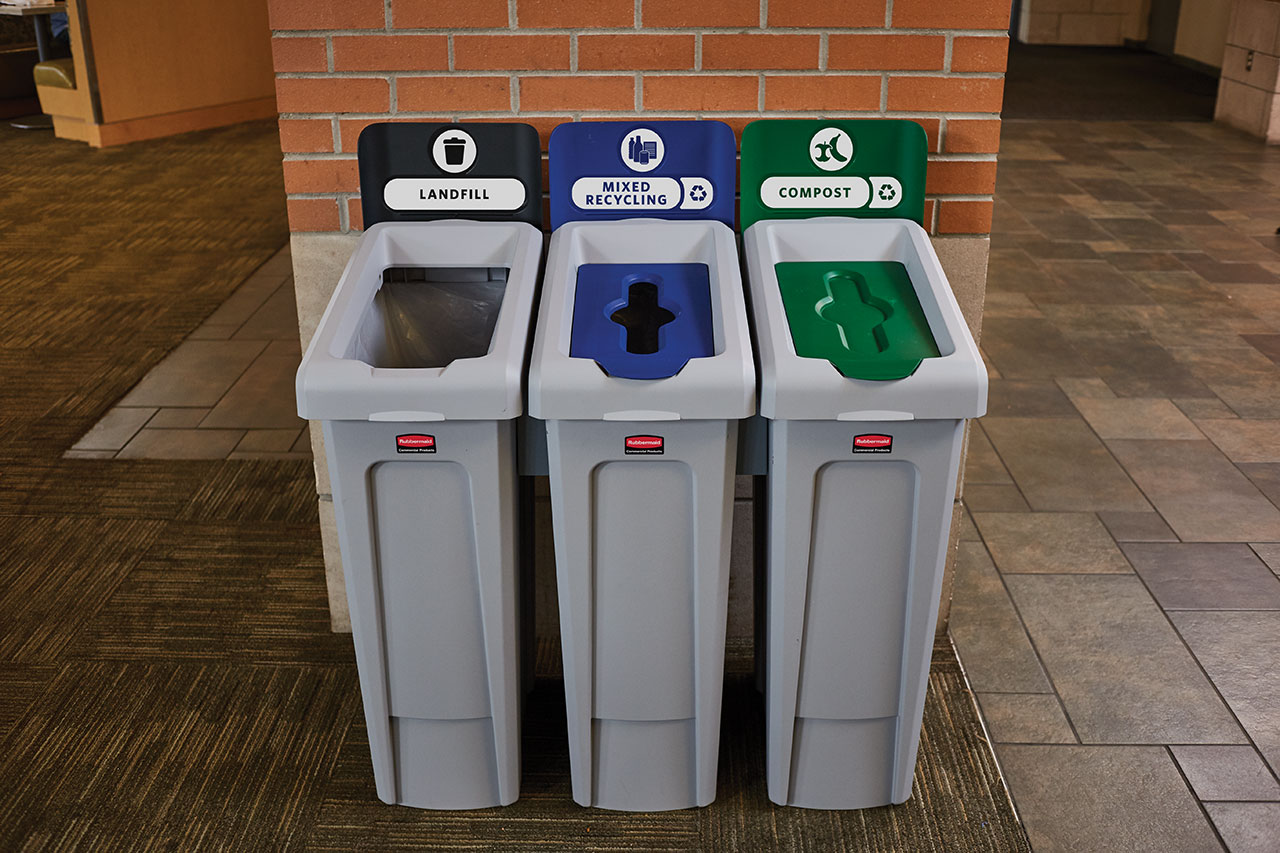In today’s sustainability-conscious landscape, commercial waste management is more than just meeting compliance, it’s about making smarter, more responsible business decisions. Across Australia, companies are under growing pressure to reduce landfill waste, improve recycling outcomes, and operate more sustainably. But what does the data actually show? And how can businesses, especially those working within limited space, respond to practical, effective solutions?
Australia’s Commercial Waste Landscape: Key Statistics
Australia produces millions of tonnes of commercial and industrial (C&I) waste annually. A 2023 audit in New South Wales revealed:
Despite this, 35% of commercial waste sent to landfill is recyclable. This points to a significant opportunity for businesses to improve their waste diversion and recycling practices.
Nationally, Australia’s recycling rate was 63% in 2020–21, showing progress but also highlighting the need for better systems, especially in high-density commercial environments where space is limited.

Why Effective Waste Management Matters for Businesses
Inefficient waste management can lead to:
-
Higher costs from landfill levies and inefficient collection
-
Operational inefficiencies from cluttered or poorly designed waste areas
-
Reputational risks as customers and stakeholders demand more sustainable practices
In contrast, businesses that invest in smart waste management solutions often benefit from:
-
Increased staff productivity
-
Cleaner, safer workspaces
-
Stronger sustainability credentials

5 Proven Strategies to Improve Commercial Waste Recycling in Tight Spaces
1. Conduct a Commercial Waste Audit
Identify the types and volumes of waste your business generates. This helps uncover opportunities to divert recyclable materials from landfill and improve overall efficiency.
2. Use Colour-Coded Recycling Bins
Implement clearly labelled, colour-coded bins to make waste separation intuitive. This reduces contamination and supports compliance with local recycling regulations.
3. Educate and Engage Employees
Provide training and visual cues to ensure staff understand what can be recycled and how to dispose of waste correctly. Engagement is key to long-term success.
4. Choose Space-Saving Waste Solutions
In compact commercial environments like kitchens, clinics, and classrooms, opt for slim, modular recycling stations that maximise space without sacrificing capacity.
5. Track Recycling Performance and Optimise
Monitor your waste output and recycling rates. Use this data to refine your processes, reduce contamination, and celebrate sustainability milestones with your team.
Space-Saving Recycling Solutions for Commercial Environments
For businesses implementing smarter recycling strategies, Slim Jim® Recycling Stations offer a compact, modular solution ideal for tight commercial spaces. Their slim profile, colour-coded lids, and ergonomic design make them perfect for high-traffic areas like kitchens, healthcare facilities, and classrooms. Features like venting channels and interchangeable lids help teams separate waste efficiently and safely.
For more demanding environments, Brute® bins deliver unmatched durability. Built from professional-grade materials, they’re designed to withstand heavy-duty use in industrial, hospitality, and outdoor settings. Reinforced rims, ergonomic handles, and UV-resistant construction ensure long-lasting performance.
These are just two examples from Rubbermaid Commercial’s full range of waste management solutions. From step-on bins that support hands-free hygiene to deskside recycling containers, and mobile dollies, Rubbermaid offers tailored systems to help businesses reduce landfill waste, improve recycling outcomes, and meet sustainability goals without compromising on space, safety, or efficiency.